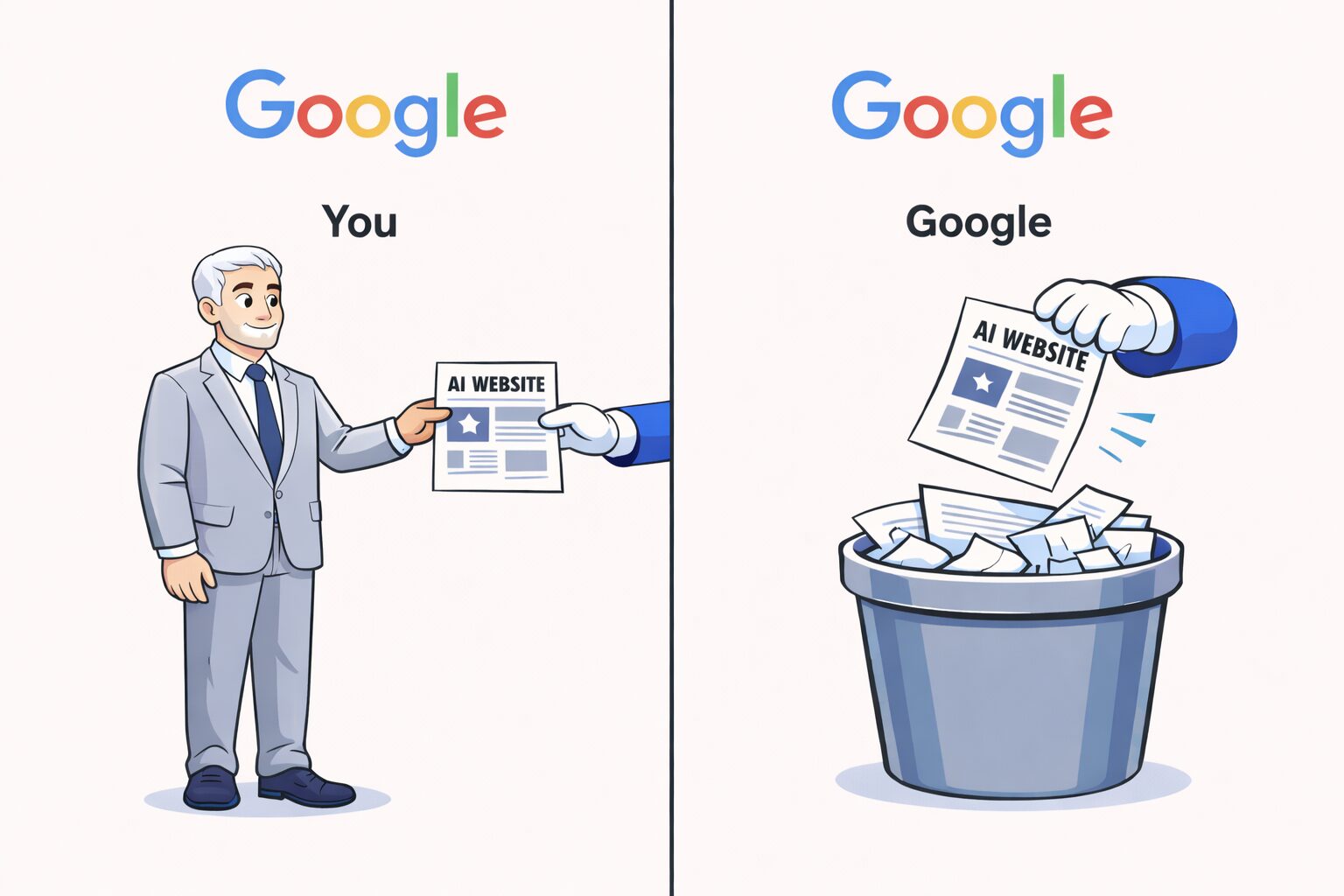
Your starting point should include a detailed definition of your target audience combined with their search behavior identification. Your content along with your SEO initiatives need to focus on delivering solutions for the needs of your potential customers. The primary audience for small local businesses consists of city residents who need your provided services. Large e-commerce websites serve different customer segments across various product ranges. Create buyer personas that represent your perfect visitors by specifying their required solutions and the questions they ask and their preferred terminology about your product or service.
Use your identified audience to conduct keyword research for finding search queries that match your business needs. The Google Keyword Planner together with Ahrefs and SEMrush and free alternatives such as Ubersuggest and AnswerThePublic allow users to identify keywords and topics that fit their specific niche. You should prioritize long-tail keywords above all else since they contain specific phrases that demonstrate clear buying intentions. Long-tail terms typically have reduced search volume but provide better conversion potential because they have lower competition levels. The broad term “CRM software” represents a highly competitive space whereas “CRM software for real estate teams” represents a specific long-tail keyword that a niche provider can effectively target. The early strategy of Zapier demonstrates excellence through their development of 25,000 unique landing pages which focused on answering specific long-tail queries particularly through “how to connect [App1] with [App2]” integration requests. The company achieved user acquisition through their focused approach to long-tail search terms that addressed specific user needs.
Select keywords that correspond to your market segment by determining queries that correspond to various stages of the buyer’s journey. People who search for informational content like “how to fix a leaky faucet” show interest at the beginning of the buying process but those seeking transactional content such as “emergency plumber in Dallas” demonstrate readiness to make a purchase. The combination of different intent types will help you attract research-oriented visitors as well as customers who are prepared to convert. Select keywords that match your distinct value proposition since small businesses should focus on local or specialized terms to maintain competitiveness rather than targeting broad categories controlled by major companies.
Organize your findings into a content plan by grouping related keywords under thematic categories. This will guide the content you create in the next step. The main objective is to understand topics and synonyms rather than fixating on exact keyword phrases because Google algorithms operate based on topics and synonyms. The objective is to identify the specific issues and concerns your audience needs help with. The “People also ask” feature along with auto-complete suggestions provided by Google reveal the main questions that exist in your industry space. The discussions happening in social media groups including Reddit and Quora can provide indications about what topics interest your audience. The result of this analysis provides you with both a list of targeted keywords and a deep understanding of market requirements that becomes the base for your content approach.
Attorney
The target audience consists of local people who require assistance with family law as well as estate planning and criminal defense.
Example Keywords: “estate lawyer near me”, “how to get custody of a child in Pennsylvania”, “criminal defense attorney consultation”.
Electrician
Audience: Homeowners or property managers looking for repairs, installations, or emergency services.
Example Keywords: “licensed electrician in Lancaster PA”, “outlet installation cost”, “24-hour emergency electrical repair”.
Financial Advisor/CPA
Audience: Small business owners, retirees, or high-income individuals needing tax strategy, planning, or retirement advice.
Example Keywords: “CPA for small business taxes”, “best retirement planner near me”, “how to lower my tax bill legally”.
Veterinarian
Audience: Pet owners searching for animal care, checkups, or emergency pet services.
Example Keywords: “affordable vet near me”, “dog vaccination schedule”, “emergency vet open late”
Each of these examples shows how to focus keyword strategy around the real-world needs and language of your audience—positioning your business as the answer they’re already searching for.